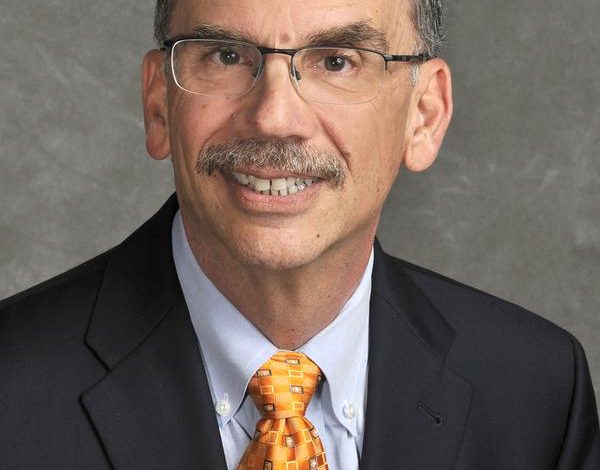
Submitted by Chuck O’Keefe
If you don’t have a spouse or children, you might think you don’t need to do much estate planning. But if you have anyassets, anyfamilial connections, anyinterest in supporting charitable groups – not to mention a desire to control your own future – you do need to establish an estate plan.
In evaluating your needs for this type of planning, let’s start with what might happen if you die intestate – that is, without a last will and testament. In this scenario, your assets will likely have to go through the probate process, which means they’ll be distributed by the court according to your state’s intestate succession laws, essentially without regard to your wishes. Even if you don’t have children yourself, you may have nephews or nieces, or even children of cousins or friends, to whom you would like to leave some of your assets, which can include not just money but also cars, collectibles, family memorabilia and so on. But if everything you own goes through probate, there’s no guarantee that these individuals will end up with what you wanted them to have.
If you want to leave something to family members or close friends, you will need to indicate this in your last will and testament or other estate planning documents. But you also may want to provide support to one or more charitable organizations. Of course, you can simply name these charities in your will, but there may be options that could provide you with more benefits.
One such possibility is a charitable remainder trust. Under this arrangement, you’d transfer appreciated assets – such as stocks, mutual funds or other securities – into an irrevocable trust. The trustee, whom you’ve named – in fact, you could serve as trustee yourself – can then sell the assets at full market value, avoiding the capital gains taxes you’d have to pay if you sold them yourself, outside a trust. Plus, if you itemize, you may be able to claim a charitable deduction on your taxes. With the proceeds, the trust can purchase income-producing assets and provide you with an income stream for the rest of your life. Upon your death, the remaining trust assets will go the charities you’ve named.
Aside from family members and charitable groups, there’s a third entity that’s central to your estate plans: yourself. Everyone should make arrangements to protect their interests, but, in the absence of an immediate family, you need to be especially vigilant about your financial and health care decisions. And that’s why, as part of your estate planning, you may want to include these two documents: durable power of attorney and a health care proxy.
A durable power of attorney lets you name someone to manage your finances should you become incapacitated. This arrangement is especially important for anyone who doesn’t have a spouse to step in. And if you become incapacitated, your health care proxy – also known as a health care surrogate or medical power of attorney – lets you name another person to legally make health care decisions for you if you can’t do so yourself.
Estate planning moves can be complex, so you’ll need help from a legal professional and possibly your tax and financial advisors. You may not have an immediate family, but you still need to take steps to protect your legacy.
Edward Jones. Member SIPC.
This article was written by Edward Jones for use by your local Edward Jones Financial Advisor.
